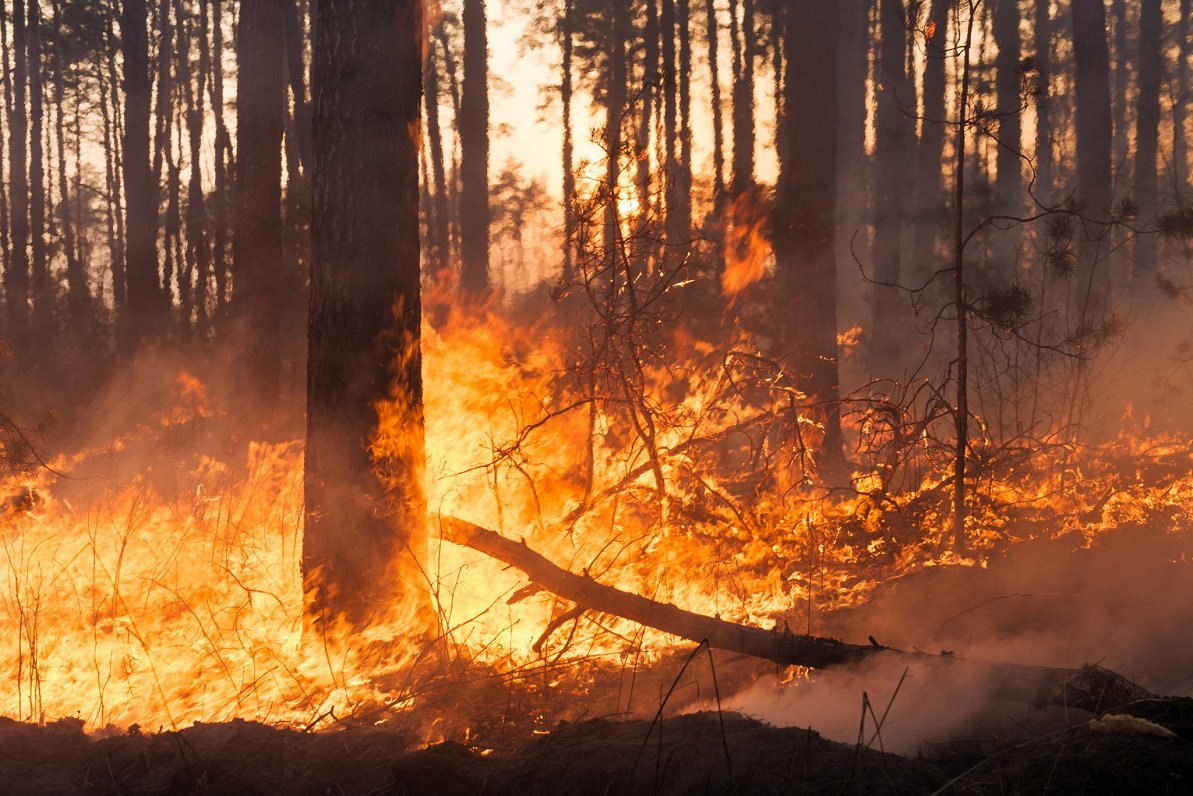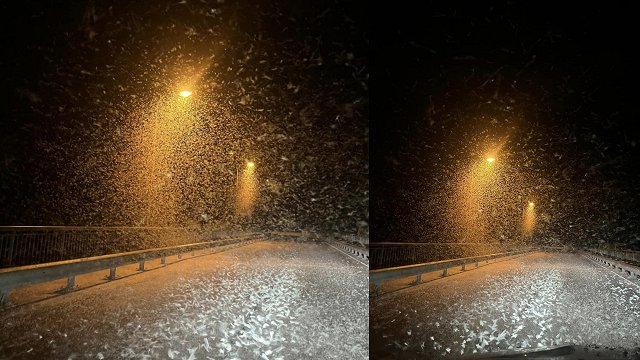In order to reduce the number of possible forest fires, it is prohibited to drop flaming or smoldering matches, cigarette butts or other objects in forests and marshes; fire making, except in specially designed areas which prevent the spread of fire; leaving the fires unattended; incinerating waste; driving motor vehicles in the forest and swamp off the roads or take any other action that could cause a fire.
Similarly, without coordination with the nearest forestry of the State Forest Service, it is prohibited to carry out any smoke-producing activity, as this may mislead fire observation tower attendants.
As Zigmunds Jaunķiķis, representative of the State Forest Service (VMD), explains, last year was an "average burning year", namely 653 forest fires with a burnt-out area of 637 hectares were registered and extinguished. Meanwhile, 17 forest fires have already been registered this year, with a total burnt-out area of 5.7 hectares, where the forest land area is less than 2 (1.97) hectares, including young stands of around 1 (1.27) hectares.
"Statistics show that, in principle, around 90% of forest fires are caused by human activity, inaction or, unfortunately, malice, for example, neighbors may not have been able to agree on something between themselves, or any other reasons," says Jaunķiķis.
Mostly, however, the reasons are negligence, neglect or carelessness.
"There are cases where there are no losses to the forest environment, but there are cases where there are large losses and both civil, administrative, and criminal liability can occur, and of course, no one can calculate how many living creatures - reptiles, amphibians, insects - perish in these fires," Jaunķiķis said.
Meanwhile, director of the World Wide Fund for Nature in Latvia, Jānis Rozītis, added that fire is a natural phenomenon, but it is much rarer, for instance, when lightning strikes.
"It's a big difference - whether it's natural processes, which is lightning. This has happened for thousands of years – the presence of fire in landscape, nature. And the other is when a person, simply being in nature -- whether doing forestry work or mushrooming or just relaxing -- creates these fires. Thus – malicious activity is most common in Europe and also in Latvia," said Rozītis.
The Director of the World Wide Fund for Nature in Latvia says that the number of forest fires could increase worldwide in the coming years as drought periods and other conditions could contribute to this increase.




























